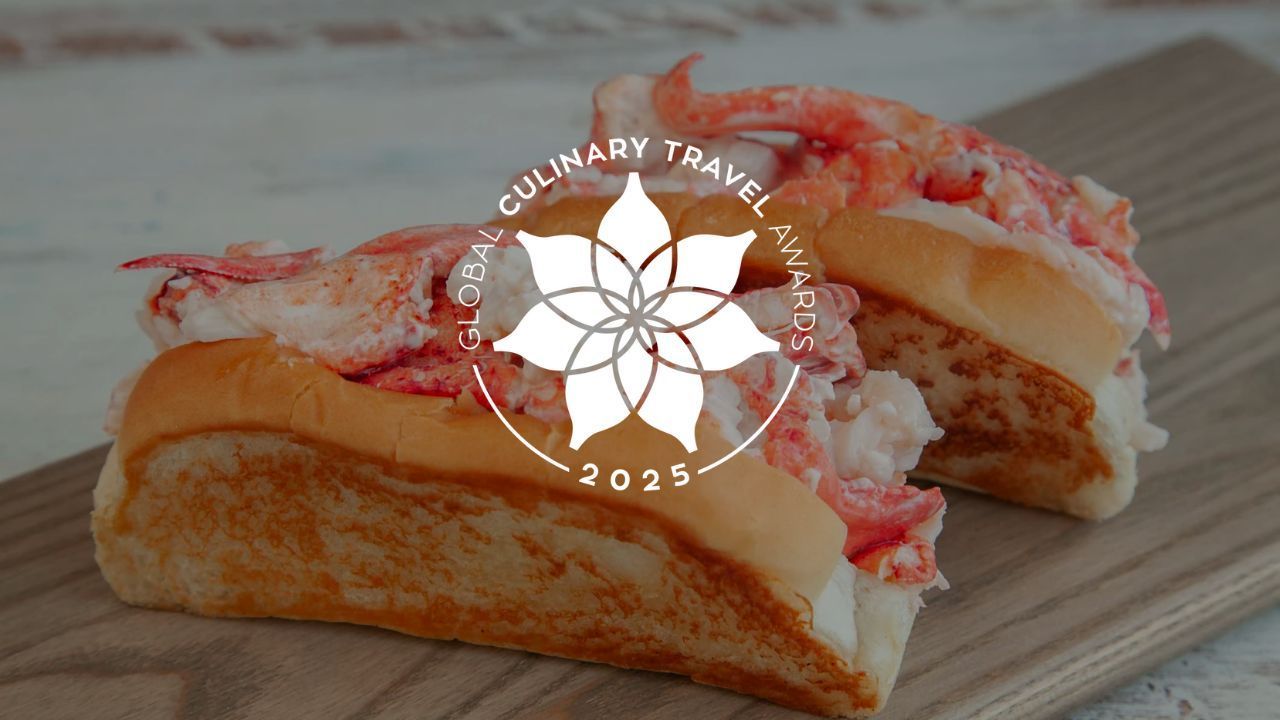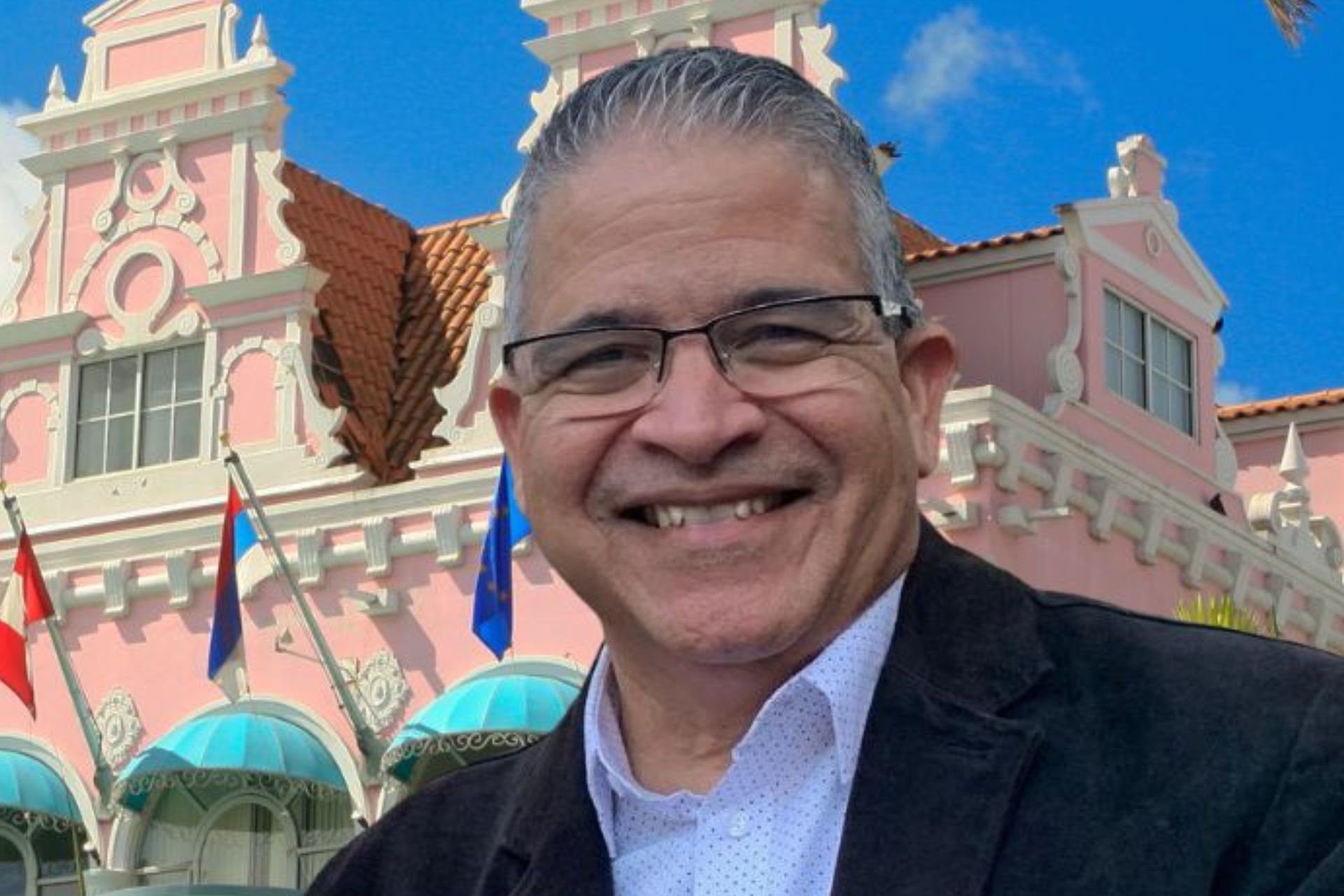Thought Leaders Offer Food for Thought at FoodTreX Global Summit

While businesses and destinations continue to look for the best ways to emerge from the pandemic, one thing is certain: the commitment to sustainability must now be part of the conversation within every business, every organization, and every tourism office. The theme of this year’s FoodTreX Global Summit by the World Food Travel Association (WFTA) was sustainability in food and beverage tourism. The annual Summit took place virtually April 15-16 and welcomed 120 delegates from 33 countries. The Summit’s top four takeaways follow.
FOOD IS MORE THAN SUSTENANCE
To some, food is nothing more than something to put in our bellies. However, according to Johanna Mendelson Forman , a leading expert on gastrodiplomacy, food can be used for good to drive justice and equality, or it can divide people. Food can influence how societies evolve, and we can influence how the food industry evolves with the power of our wallets. In a related discussion, according to local food systems experts Gabriel Levionnois (Pacific Food Lab, New Caledonia) and professor Tracy Berno (New Zealand), food is central to our very essence and creates tremendous opportunities for change and development. Food should be at the center of solving our problems. And perhaps ironically, tourism can help to reinforce, preserve and promote local food cultures. Yet some traditional or authentic foods may need to be stylized according to Gabriel Laeis, because many travelers simply won’t try what they don’t know. To that end, local waitstaff need to be trained on how to “sell” local foods to curious tourists.
FOOD & BEVERAGE TOURISM IS DYNAMIC & CONSTANTLY EVOLVING
Many people consider “food tourism” (a.k.a. culinary tourism or gastronomy tourism) to be nothing more than eating in restaurants, often as gourmet experiences. However, those are just small subsets of the bigger picture. We know that special diets are more important to travelers than ever, which was discussed by a panel that included Shivya Nath (vegan blogger and influencer, India); Zac Lovas ( VegVoyages tour operator and activist); and Chantal Cooke (award-winning broadcaster). The importance of special diets was underscored by Soumaya Hamdi ( Halal Travel Guide , UK) and Yvonne Maffei ( My Halal Kitchen , USA), who talked about the Halal diet and the massive market of Muslim food-loving travelers. Then Tanja Korosec ( ApiRoutes , Slovenia) presented the idea of apitourism, or travel to learn about beekeeping and honey products, often relating to wellness. In many ways, apitourism is a full circle sustainability product.
On the subject of change, Food Studies Professor Fabio Parasecoli talked about a trend he calls “Global Brooklyn” where the design and style of foodservice establishments and even hotels around the world are starting to merge into a common, consistent design aesthetic. He also pointed out the contradiction that travelers say they want to visit different types of places for different types of experiences, but their behaviors prove that many of them look for places that look familiar and comfortable. And then Elena Viani and Fabio Sacco showed how a destination and its foodservice businesses can be 100% plastic-free, as is the case of Val di Sole , Italy.
SUSTAINABILITY NOW UNDERPINS FOOD & BEVERAGE TOURISM
Just a few years ago, the conversation about sustainability was important, but typically lower on the list, with profit being the primary topic of discussion. The pandemic has shocked us all into analyzing how we treat each other, how we treat our planet, and how we run our businesses. An important conclusion is that radical and fast changes are needed. Food systems expert Julian Bermudez presented the opportunity for culinary innovation, trying to use less meat in traditional dishes. This does not necessarily mean to make them less authentic, just different. Futurist Jeff Fromm supported this stance by citing international food brands that are working hard to drive positive change, including Oatly (Sweden) and Mercadona (Spain). If your brand is not part of the change conversation already, your company will lose out. Never before has the conversation about People, Planet and Profit been more relevant, and more critical.
CULINARY CULTURES ARE PRECIOUS
A key takeaway from this year’s FoodTreX Global Summit is that our culinary cultures are more precious than many of us realize, according to WFTA Executive Director Erik Wolf. While most of the world was confined to lockdowns at home or the immediate neighborhood, many of us were forced to shop at local businesses. This helped to open our eyes to the huge impact of spending locally. And many of us also spent time cooking at home, often recalling family cookbooks or asking relatives how dishes used to be made. And of course, we spent time watching cooking and chef shows on television. In normal times, we get busy and distracted. Yet when it mattered, there was simply no substitute for local food systems. As we think about sustainability, the importance of preserving our local culinary cultures and local food systems is more important than ever. And while many of the Summit’s conversations related to the importance of food systems to local residents, tourists are temporary residents that also benefit from improvements in local food systems.
Want access to the recordings and key takeaways summary? Register now as a full delegate on the Global Summit page. Even though the Summit is now over, we’ll send you 1-year access to the recordings, our 20-page Key Takeaways summary document, and an attendance certificate.
Media professionals, please get in touch to request FoodTreX logos and stock photography for use in your programming.











